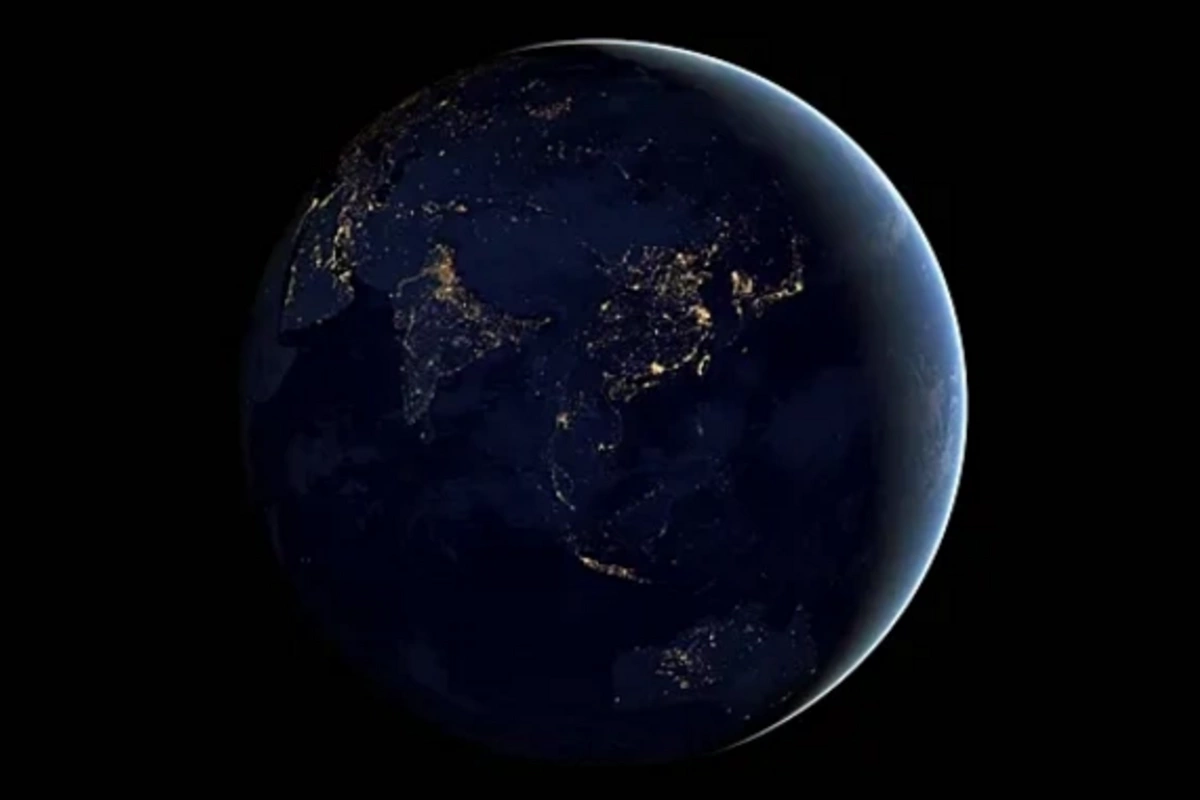09 Jul , 15:33
0

Astronomers shocked with unexpected discovery: summer 2023 will be shorter than the future one. Scientists came to a sensational conclusion after detailed study of our planet's rotation and analysis of gravitational interactions in the Solar System.
The change of seasons on our planet occurs due to the tilt of Earth's axis at 23.5 degrees relative to the orbital plane. When a hemisphere is tilted more toward the Sun and receives more sunlight, summer arrives there. When it is tilted in the opposite direction and receives less heat, winter comes.
The duration of seasons is also affected by the variable distance between Earth and the Sun. At perihelion (the closest point to the Sun), our planet moves faster, and at aphelion (the farthest point) – slower.
Currently, aphelion occurs during summer in the Northern Hemisphere, and perihelion during summer in the Southern Hemisphere. Because of this, summer in the Northern Hemisphere lasts approximately four days longer. However, this relationship is not permanent. Since our calendars do not perfectly match Earth's orbital movement, the timing of perihelion and aphelion gradually shifts. In a millennium, summer in the Northern Hemisphere will be approximately six hours longer than in the Southern Hemisphere.
But this year, the long-term trend will be disrupted. Due to Earth's complex motion, fluctuations in its rotation axis, and gravitational effects from the Moon, Jupiter, and other cosmic bodies, summer in the Northern Hemisphere will last 93 days, 15 hours, and 37 minutes – which is 15 minutes less than the summer season of 2024.
Scientists predict that in 2026, the duration of summer will increase again and will be 93 days, 15 hours, and 40 minutes, reports IFL Science.